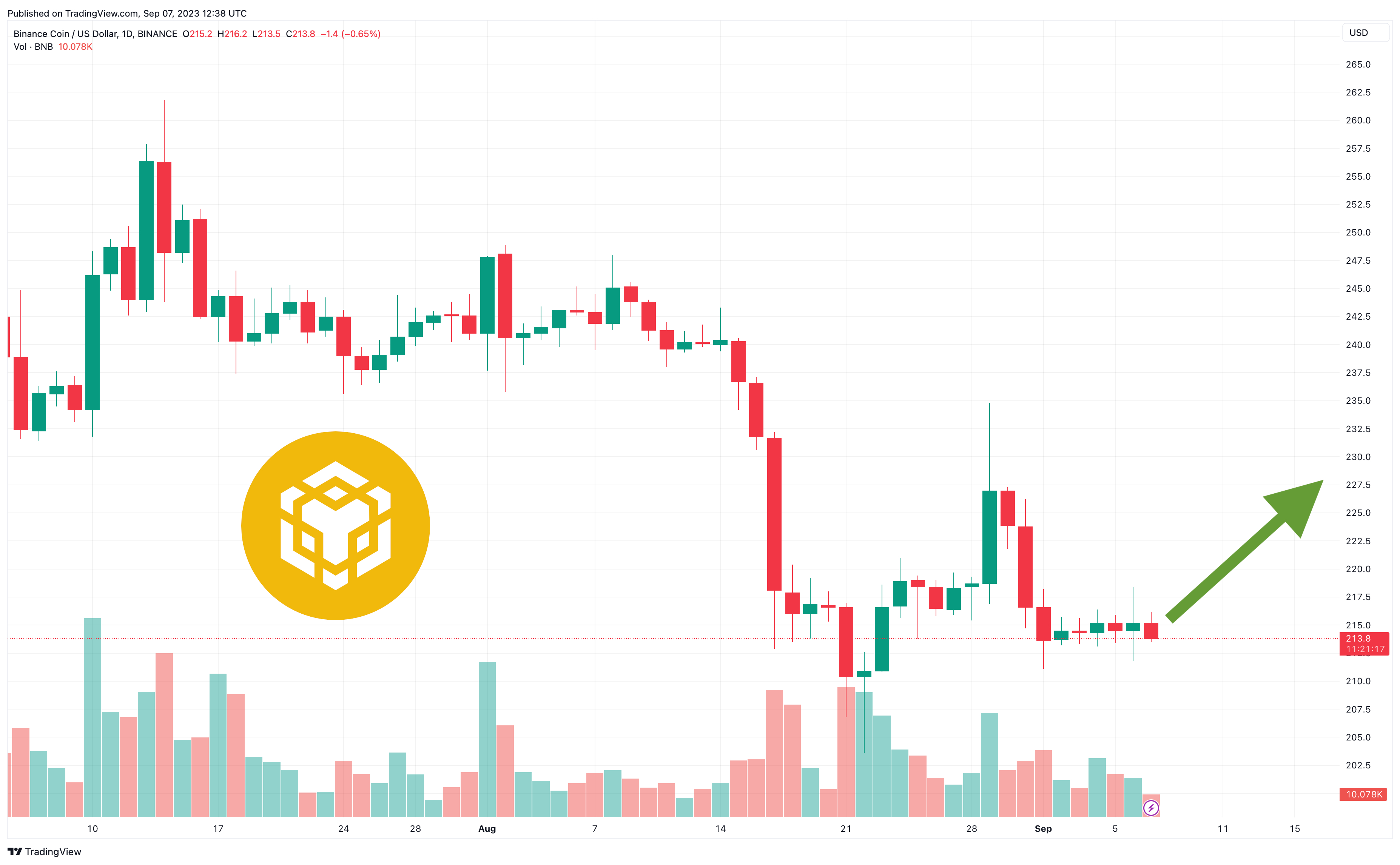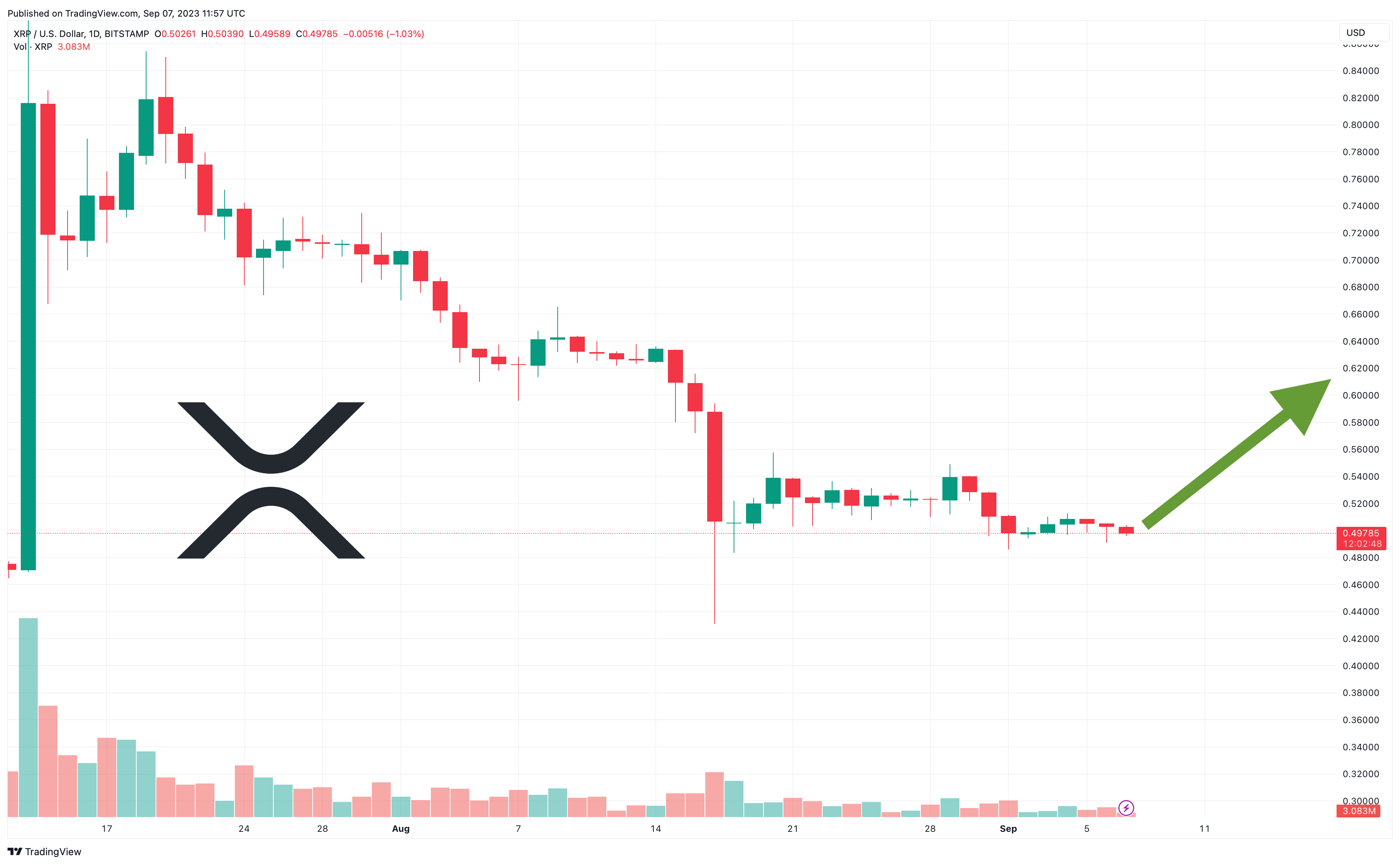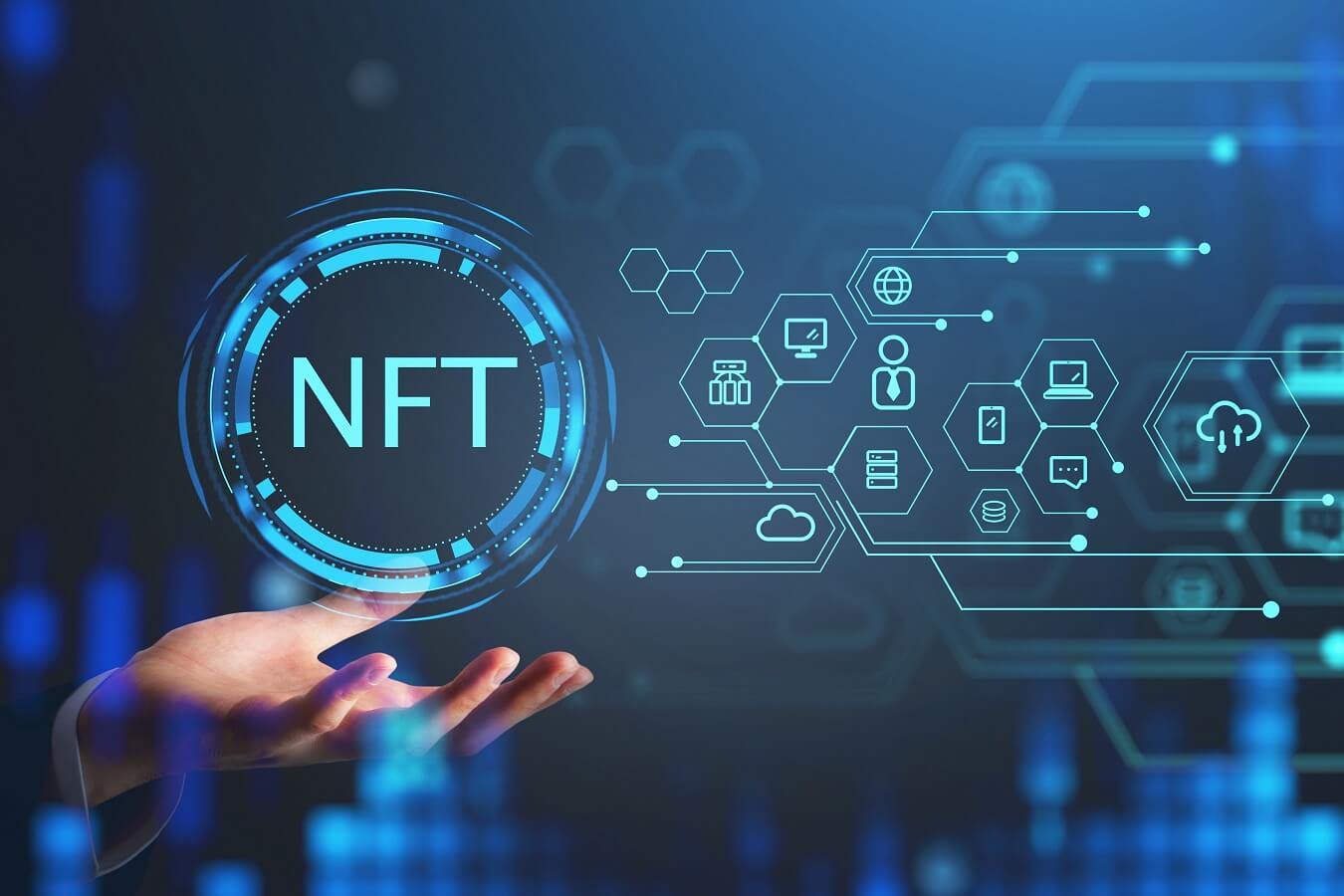Looking at DeFi's Untapped Potential

Gwendolyn Regina is Investment Director at BNB Chain.
__________
Decentralized finance (DeFi) is the largest and most innovative crypto vertical in the last two years. DeFi has used smart contract platforms as a base to develop a network of interconnected layers for decentralized financial services.
DeFi TVL (total value locked) across chains reached $256 billion in December 2021. The last few months have been difficult for the cryptocurrency market, falling to $73 billion. Market disadvantages can create new opportunities. Innovation involves repeated failures until breakthrough structures are built. DeFi protocols for the next generation have many options. Let's find these opportunities.
CeDeFi
Assets are the foundation of any economic system, including DeFi. Stablecoins are driving decentralized finance by overcoming the cryptocurrency market's high volatility. Its invention made non-volatile account units important for lending, borrowing, and forecasting interest payments.
DeFi protocols should use stablecoins as an asset because they offer high trust and reduce volatility, making them ideal for decentralized financial products.
A need to capture more opportunities in Synthetic and Real-World Assets (RWAs)
Blockchains have innovative protocols for building synthetics and RWAs, but some blockchains lack synthetics and RWA protocols for the DeFi ecosystem.
Investors can profit from synthetic assets without owning the underlying asset. They let investors invest in crypto commodity classes that are out of reach due to product structure and characteristics. DeFi protocols can use synthetic assets thanks to blockchain composability. Synthetics in crypto assets improve DeFi's efficiency by offering investors access and liquidity.
Most DeFi protocols overcollateralized crypto due to volatility. Real-world assets (RWA) lack this trait. RWA is a non-volatile DeFi-TradFi bridge. RWA's protocols would attract retail and institutional blockchain investors.
DEX and lending - strong engines for the DeFi landscape
The basic DeFi layer allows all the above assets to be used as loan collateral or exchanged for other assets. Lending protocols capture almost half of DeFi deposits, allowing users to pledge assets as collateral. Some protocols' ability to attract TVL ensures a flow of liquidity to boost cryptocurrency lending.
Automated Market Maker (AMM) for volatile and stable assets must be differentiated in exchange protocols. Stable AMMs reduce slippage to increase stablecoin trading efficiency. High-layer asset circulation and optionality depend on AMMs' deep liquidity and stableswap protocols' low slippage.
Untapped potential in derivatives
Derivatives, indexing, and options are part of advanced DeFi. These DeFi products are important, but they don't advance blockchain. More options and derivatives are needed. Solana in the options market proved that Ethereum can take a large market share with the right protocols. New derivatives and Options are needed.
Options are used for basic financial strategies like hedging and can be attractive in volatile markets. Option protocols are essential for institutions, making them a key tool for blockchain. Retail users are unfamiliar with the Greeks, at the money or American options, so they rarely use options. Blockchains need option vault protocols to offer automated option strategies for delegating users.
Yield aggregators
The Aggregation Layer comes next. Supply-side protocols pool capital and distribute it to other protocols.
New protocols could help ecosystem players compete with top blockchain market share leaders and win the 'battle' with the top blockchain market share leaders.
Payments - the window for DeFi to power the world’s economy
The aggregation layer prioritizes payment protocols. Millions of people don't have credit cards or bank accounts in underbanked countries. Blockchain can provide secure, decentralized, nondiscriminatory payment services to millions. Decentralized, blockchain-based payment services that don't discriminate.
Crypto payment gateways are needed to reach the masses so e-commerce can be powered by crypto assets. Only a few stablecoins offer the perfect vehicle to build on for the ecosystem to compete with fiat currencies.
Path towards trustless DeFi infrastructure: security, compliance & insurance
Blockchain protocols must be secure across all layers. To avoid systemic risks that spread throughout the chain, as with well-known projects. To expand DeFi now, investors and users must feel safe. This requires risk-aware protocols.
Risk management, compliance, and insurance promote trust. Many blockchains lack contract audit protocols. Some mechanisms can help, but we also need protocols. Blockchains should prioritize insurance and stress testing to differentiate themselves as a secure, trustworthy technology. Based on market share, there's room to develop leading protocols. These projects will help the ecosystem navigate uncertain times and build a new DeFi paradigm. More security, risk mitigation, and trust are needed.
Conclusion
A DeFi landscape's assets and DeFi Basic layers can also be strong. Great liquidity in the AMM, stableswap, lending, and a stablecoin are needed to scale the upper layers, where gaps remain. Derivatives, indexing, prediction markets, and payment solutions should be top priorities. Security, insurance, and compliance protocols are also important for blockchain.
Now is the time to help innovative protocols achieve their goals and promote mass crypto adoption.
____
Learn more:
- What DeFi Offers Beyond Lending for Crypto Speculation
- Top 7 Decentralized Derivatives Trading Platforms
- The Pros and Cons of Web2 Joining Web3
- Japanese Regulator Suggests it May Be Preparing to Police DeFi
- Uniswap Decentralized Exchange New Privacy Policy Says Platform Will Collect User Data – Here’s What’s Included
- Founder Vitalik Buterin Reveals 5 Features That Excite Him the Most About Ethereum – The Last One May Surprise You













